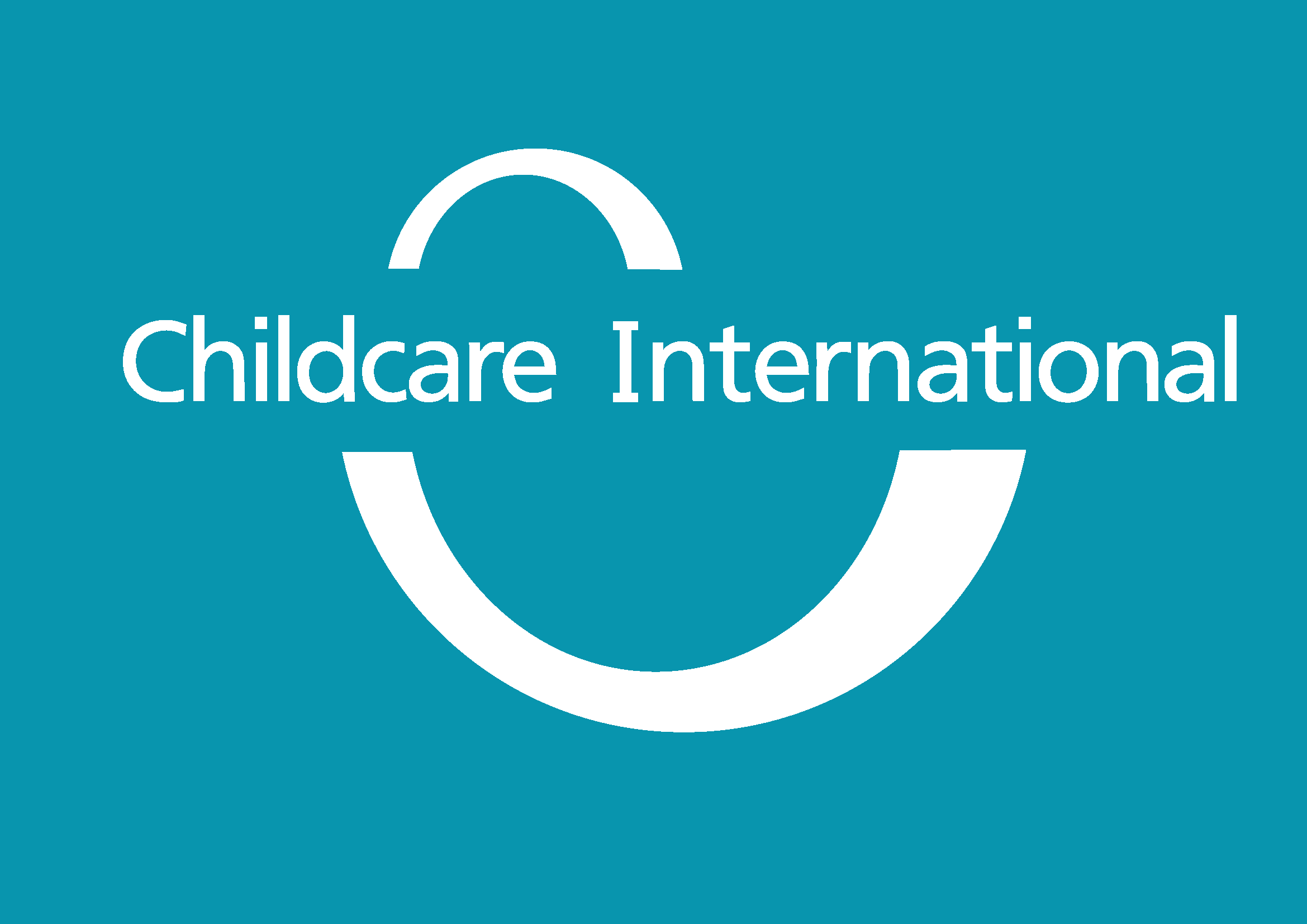International STEP by STEP Association – ISSA
Childcare International is full member van ISSA.
Our vision is a society where families, communities and professionals work together to empower each child to reach their unique potential and embrace values of social justice and equity.
As a membership association, we are an international learning community powered by the leading early childhood experts in Europe and Central Asia. We unite and support professionals and partners to deliver high-quality early years services equitably. We challenge existing knowledge and practice and co-construct new approaches and models.
Through our work we advocate for and support competent Early Childhood Systems for all children, especially the most vulnerable. We strive to increase awareness of the importance of Early Childhood Development and of a qualified workforce. As a leading early childhood network and learning community, we promote quality, equitable and integrated services for children, families and practitioners.
Beiing young in Europe today
Being young in Europe today presents some of Eurostat’s most interesting data on children and young people in the European Union. It gives an insight into the past, current and future situation of our youngest fellow citizens, ranging from attending school and participating in sport and leisure activities, to leaving the parental home and entering the professional life. Data are presented for the European Union and its Member States as well as for the EFTA countries. Eurostat 2015
Early childhood care accessibility and quality of services
Continuing professional development plays a key role, both in improving the outcomes of children using ECEC services and making services more inclusive. 2015
The provision of childcare services. A comparative review of 30 European countries
The results provided in this report, the score of the European Member States on the Barcelona targets and the ongoing debates suggest that the childcare issue will remain an important policy priority in the near future as well. Despite all the efforts and improvements, highquality and affordable childcare facilities are still in short supply in quite a number of European Union Member States. The availability of the EU-SILC data enables an assessment of the current state of affairs and allows for a careful monitoring of the measures taken in the different Member States. This information, in combination with the emphasis on the provision of childcare services within the context of the European employment strategy, should provide the necessary basis for a policy which is targeted towards a coherent socioeconomic infrastructure, keeping in mind the policy goals with regard to participation, gender equality, fertility and social integration. 2009
Early childhood services in OECD countries
The aim of this text is to provide a review of the literature and current policies of early childhood education and care in the economically most advanced countries of the world. 2008
Diversity and Equity in Early Childhood Training in Europe, 2014
Diversity in families, standards and values within European society influences educational systems as well as early childhood education and services. Every day early childhood trainers and educators are confronted with new questions and challenge. How to deal with these different standards and values? How to communicate with the diversity of parents? What do we want for the children? Who decides how to raise the children in the early childhood education?
